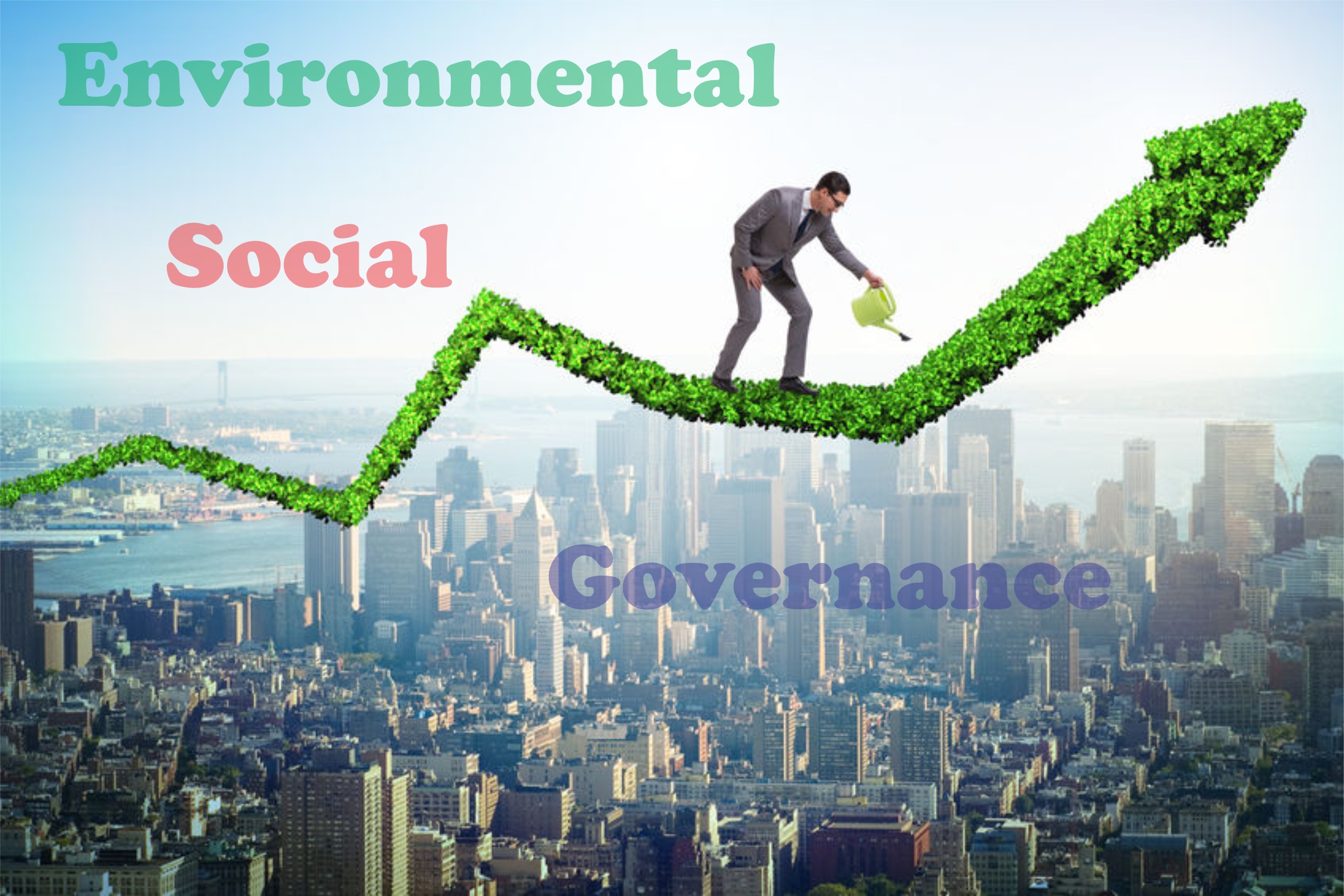No longer willing to stand idly by while a Wall Street behemoth carries out a financial war against his state’s economy, Louisiana State Treasurer John Schroder Oct. 5 sent a letter to BlackRock CEO Larry Fink announcing that the “Louisiana Treasury will liquidate all BlackRock investments by the end of 2022.”
The Pelican State’s divestment will come to a stately $794 million. BlackRock, the world’s largest investment management company, presides over $10 trillion in assets and has the heft to absorb the hit Louisiana delivered. But the company’s woke environmental, social, and governance (ESG) agenda is making enemies elsewhere, and other states may soon follow Louisiana’s example.
In his letter to Fink, Schroder made clear why BlackRock’s hostility to nearly all things Louisiana would no longer be tolerated.
“Your blatant anti-fossil fuel policies would destroy Louisiana’s economy,” Schroder wrote. “This divestment is necessary to protect Louisianans from actions and policies that would actively seek to hamstring our fossil-fuel sector.”
Louisiana is one of the nation’s top oil and natural gas producers. Nearly one-quarter of the state’s gross domestic product is tied to the industry, according to an analysis by the American Petroleum Institute.
“In my opinion,” Schroder wrote to Fink, “your support of ESG investing is inconsistent with the best economic interests and values of Louisiana. I cannot support an institution that would deny our state the benefits of one of its most robust assets. Simply put, we cannot be party to the crippling of our own economy.”
“BlackRock’s Quixotic Climate Agenda”
Other states whose pension funds are invested with BlackRock have put the company on notice that their patience is running out. In August, Texas Attorney General Ken Paxton and 18 other attorneys general wrote a letter to Fink stating, “Our states will not Idly stand for our pensioners’ retirements to be sacrificed for BlackRock’s climate agenda. The time has come for BlackRock to come clean on whether it actually values our states’ most valuable stakeholders, our current and future retirees, or risk losses even more significant than those risked by BlackRock’s quixotic climate agenda.”
A key element of BlackRock’s “quixotic climate agenda” is ESG, a subject near and dear to Fink’s heart but one at odds with state retirees who are supposed to benefit from sound, as opposed to politically-driven, investments. “Environmental, Social, and Governance (ESG) investing is contrary to Louisiana law on fiduciary duties,” Schroder pointed out to Fink, ”which requires a sole focus on financial returns for the beneficiaries of state funds. Focusing on ESG’s political and social goals and placing those goals above the duty to enhance investors’ returns is unacceptable under Louisiana law.”
Schroder is one of many to point out that BlackRock uses ESG to pad its fees, even though ESG funds perform poorly compared with non-ESG funds. “Recently BlackRock set a record for ‘the largest amount of money lost by a single fund over a six-month period’ having ‘lost $1.7 trillion of clients’ money’ associated with ESG accounts … Such huge losses would seem to indicate that BlackRock is either not focused on investor returns or that its ESG investment strategy is flawed. Neither bodes well for investors,” Schroder reminded Fink.
“I’m convinced that ESG investing is more than bad business; it’s a threat to our founding principles: democracy, economic freedom, and individual liberty,” Schroder continued. “It threatens our democracy, bypasses the ballot box, and allows large investment firms to push political agendas. It threatens our economic freedom because these firms use their massive shareholdings to compel CEOs to put political motivations above a company’s profits and investors’ returns. Finally, it threatens our personal liberty because these firms are using our money to push their agendas contrary o the best interests of the people whose money they are using!”
As Chris Talgo, senior editor at the Heartland Institute, points out:
“Schroder is spot-on; ESG is dangerous on many fronts because it is a backdoor of sorts wherein giant asset management companies that are in bed with big government can compel corporations to do their bidding, even if their goals do not align (and in many cases conflict with) with the very people whose money they are investing.”
